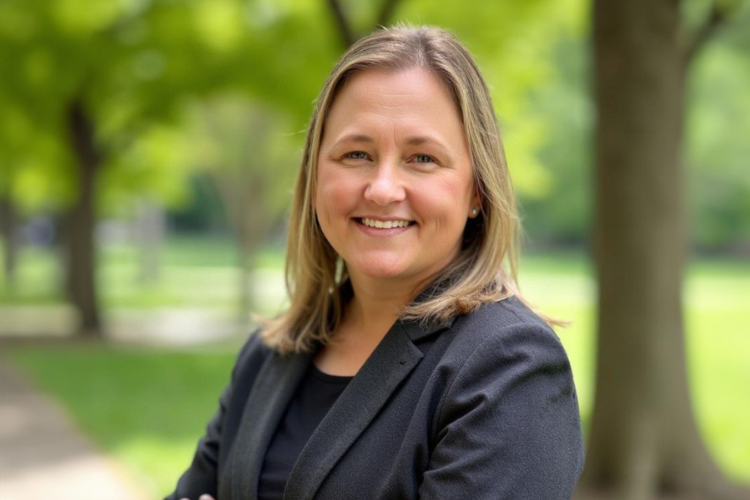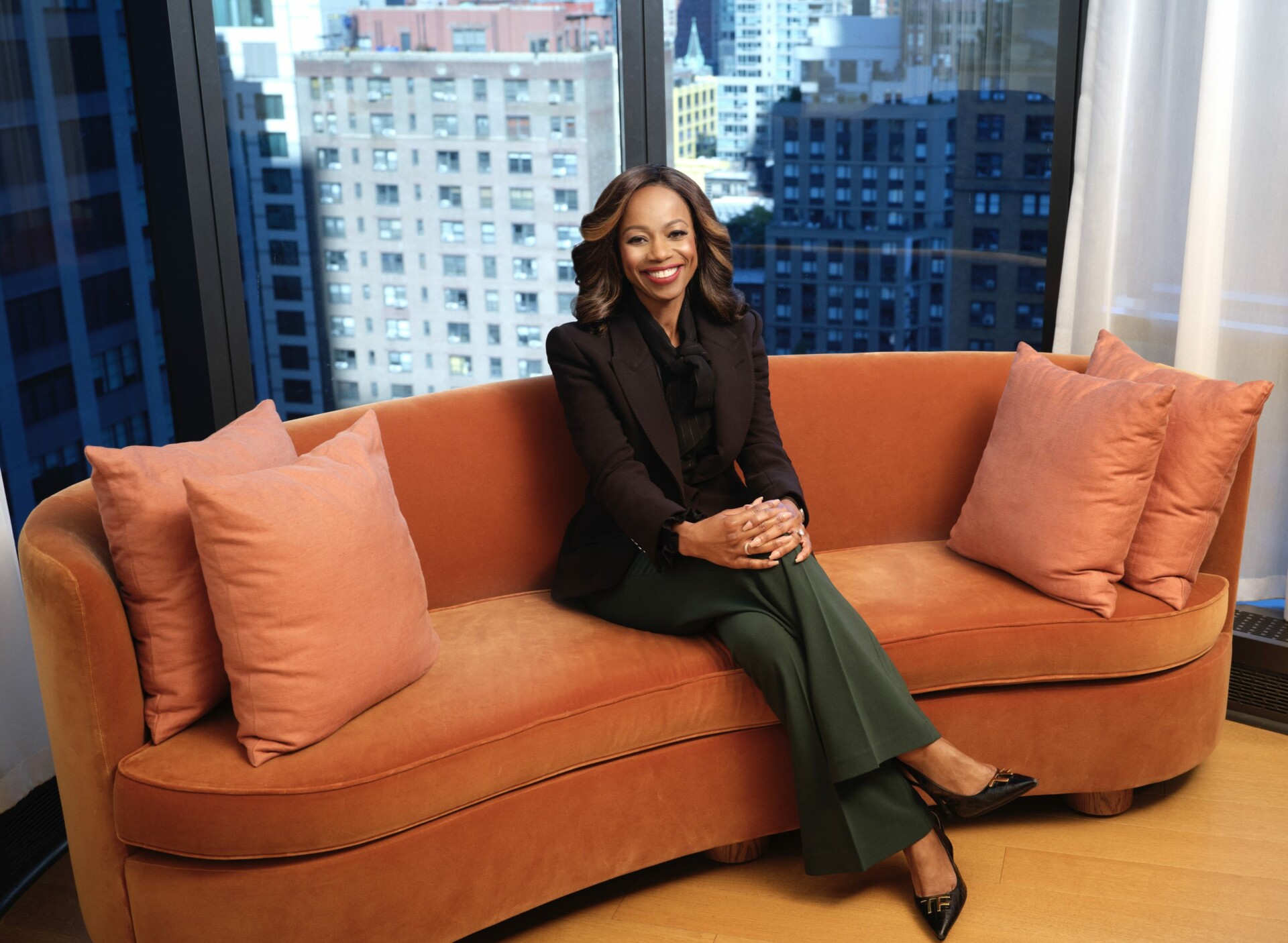The Price of Fame: When A Celebrity Spokesperson Turns Toxic
In October 2022, American recording artist and fashion designer Kayne West sparked widespread public outrage following a series of increasingly damning antisemitic remarks, which made international headlines. As West’s bigoted rhetoric escalated, several companies and major brands—GAP, Balenciaga, Vogue and Creative Artists Agency—reacted swiftly by terminating their partnerships and condemning his comments.
One noticeable holdout was the German sportswear group, Adidas. According to Financial Times, top staffers at Adidas had repeatedly raised concerns that the fashion giant was over-reliant on their Yeezy franchise—West and Adidas’ flagship collaboration. However, the company was so heavily entrenched with West that Yeezy-branded products accounted for $1.8 billion in annual revenue for Adidas or 7% of their totals.
When public outcry reached critical mass, Adidas finally relented, but not before West’s words and actions had significant financial consequences for both the artist and Adidas. Across the media sphere, Adidas’ perceived inaction was widely covered in the press, with many pundits puzzled as to why they chose not to act sooner.
Then, in November 2022, Adidas issued a corporate press release stating that their updated net income forecast—which no longer included the Yeezy brand or any affiliation with West—was only half of what it had been (from $500 million USD down to $251 million) just nine days earlier.
According to the official statement, the massive reduction was “due to the company’s decision to terminate the Adidas-Yeezy partnership [and] high seasonality of the Adidas-Yeezy business geared towards the fourth quarter.”
Furthermore, Adidas’ inaction to cut ties with West only further painted the company into a corner, which was already facing the loss of two other profit centers—specifically, a sales plunge in China and a lost market share in Russia following the company’s decision to suspend sales and operations amid the invasion of Ukraine.
Now saddled with a sullied brand and financial pressures mounting across international markets, many analysts are left wondering where Adidas goes from here.
“A whole Adidas brand reset is probably needed,” wrote Thomas Chauvet, head of luxury goods equity research at Citi, in a note to clients last November.
Is It Worth It?
With such massive financial exposure, one would assume that high-profile endorsements must ‘pay for themselves’, which is not necessarily the case.
In an assessment published by MarketWatch, a single, well-executed celebrity partnership can result in an immediate 4% sales increase for a brand. While this could equate to millions in revenue, Christopher R. Chase, a partner specializing in advertising and entertainment law at Frankfurt Kurnit Klein & Selz, advises clients to be careful what they wish for.
“Talent lawyers have said, ‘Listen, you’re hiring [them] because [they’re] a little out there, so I’m not going to let you terminate because [they do] something that’s a little out there,’” Chase told The Wall Street Journal.
Although West had once been viewed as an avant-garde artist that challenged social norms and more— thereby making him a high-value partner for brands looking to break the mold and shake up the status quo—he is hardly the first celebrity spokesperson to become a toxic asset.
In recent years, scandals have plagued A-list endorsers, such as American cyclist Lance Armstrong, South African amputee sprinter Oscar Pistorius, and global icon Tiger Woods—the latter of whom is said to have cost his sponsors $12 billion in stock losses.
Interestingly, consumer attitudes may be shifting as well, especially among Millennials and Gen Z audiences, who have become the bullseye for many marketers and brands.
With approximately $360 billion in disposable income, Millennials and Gen Z consumers have the greatest buying power in the marketplace, according to Bloomberg, but may be largely immune from a celebrity spokesperson’s ability to influence sales.
A study by Roth Capital Partners found that 40% of Millennials say paid endorsements erode a celebrity’s credibility, as well as that of the brands they represent.
For many companies, there are many risks and rewards of celebrity partnerships –the decision to partner with a high-profile spokesperson may seem like a sound practice to drive sales in the short term and brand awareness over time. However, when the partnership sours to the point of damaging the brand or company, when is the right time to cut ties—and how?
Act Now
The prevailing school of thought from most analysts is that relatively few companies are well-positioned to react quickly and effectively to a situation where a celebrity spokesperson becomes a liability.
Often paralyzed by fear of creating negative disruptions that could impact a brand’s reputation, supply chain or stock price, the longer a company hesitates, the greater the damage, says Alan R. Friedman, partner at entertainment industry law firm Fox Rothschild.
“Every day that you delay may be damaging your brand,” said Friedman to Financial Times.
Similarly, corporate bureaucracy can also slow decision-making in moments of crisis, notes Mark DiMassimo, founder of New York-based advertising agency DiMassimo Goldstein.
In an interview with Forbes, DiMassimo posited that “When something comes up that requires a fast, human, unambiguous action, very few companies are prepared.”
Part of the issue, says DiMassimo, is that most major brands tend to lean heavily on their respective advertising and public relations agencies to gauge public opinion before issuing any statements or taking action on a response. Internally, competing narratives can arise that also facilitate more delays, DiMassimo says.
To further complicate matters, the very nature of a company’s partnership with a celebrity spokesperson can also determine how painlessly—or painfully—a brand can terminate a relationship that goes sour.
According to Chase, companies can sometimes quietly terminate basic contracts, such as licensing a celebrity’s likeness to sell products. However, in situations where the collaborator owns a portion of intellectual property, as West does with the Yeezy brand, finding an off-ramp can be much more complex.
“If the talent retains some ownership, then you have to stop making the product entirely instead of just taking their name off,” Chase told The Wall Street Journal. “This is literally shutting down the factory to some extent.”
Case in point, as 2022 came to a close, Adidas was still determining how to offload $530 million worth of Yeezys in inventory, according to the Financial Times.
Although some companies choose to bake morality clauses into their endorsement contracts to afford them a clean exit should a celebrity spokesperson partnership collapse, these clauses have become broader and more complicated amid the #MeToo movement, says The Wall Street Journal.
Even when front-loading agreements with such clauses, companies are still at risk if and when a celebrity spokesperson acts in a way that is inconsistent with a brand’s values, which in recent years has led to several of the very public and messy breakups previously mentioned.
Finding The Right Match
Despite the risks and rewards of celebrity partnerships, many brands will continue to seek collaborations with high-profile, influential personalities.
According to Forbes Council Member, Mo Mostashari, certain variables must be considered in order to minimize potentially negative impacts and ensure close alignment between a company’s values and the views and behaviors of its celebrity partners. Paramount to this is a shared passion and mission between the brand and the ambassador.
“Finding a celebrity spokesperson who is emotionally invested in the success of your company ensures they will go above and beyond in their promotional efforts for the brand” –Mo Mostashari
“Finding a celebrity spokesperson who is emotionally invested in the success of your company ensures they will go above and beyond in their promotional efforts for the brand,” wrote Mostashari in a Forbes op-ed. “Having a passion for the company that runs so deep that the celebrity wants to be actively involved in the day-to-day business should be the mentality of most partnerships.”
Another key consideration is alignment on a shared mission, even if a celebrity and brand do not share the same core audience. Mostashari points to a partnership between Emmy Award-winning actress Kerry Washington, known for her advocacy of marginalized groups, and Byte, a virtual dental health company known for their affordability and accessibility.
This partnership, which Mostashari helped to broker, “came to fruition after a year of discussions and planning to ensure they were the right fit for each other and that their missions align,” he noted in Forbes.
Mostashari advises clients to be strategic when considering celebrity collaborations and to invest the necessary time and resources to ensure strong alignment.
“The key is to find the right partner. In doing so, brands can expand their reach and have an instant association with the celebrity they choose to work with,” he says. “Be sure to really invest some thought into these types of collaborations and evaluate how a partnership will be perceived by the public.”



